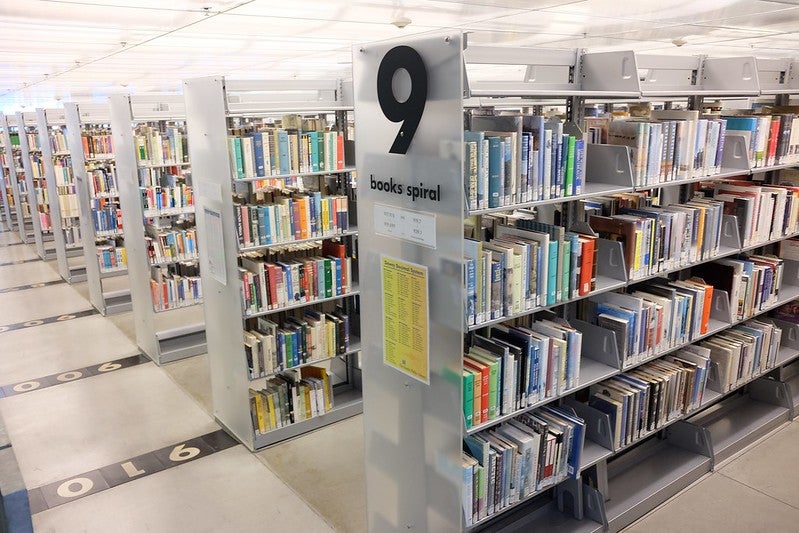The Human Rights Campaign says Wisconsin cities rank better than the national average in terms of LGBT equality. Our guest explains why the state’s cities rank highly, and how it affects minority groups and residents as a whole. We also debate whether the movie or the book was better, and get the latest on the biggest news stories from around the state this week.
Featured in this Show
-
Madison Receives Highest Score On LGBT Report Card
Madison is once again ranked among the best cities in the country for supporting members of the LGBT community based on the near-perfect scorecard the city received from the Human Rights Campaign.
The organization recently released its annual “Municipal Equality Index,” which examines the laws and policies and then rates cities based on their inclusivity of the LGBT community members who live and work there. Among the qualities the index measured were nondiscrimination laws, inclusive employee benefits, overall city services for the unique needs of LGBT members and law enforcement hate crime reports, among other categories.
The index looked at more than 400 cities nationwide giving scores up to 100. The national average was 56. Madison was one of 47 cities to score a 100.
However, because of a bonus-point structure, Madison failed to get a perfect score, leaving points on the board for not having a LGBT police liaison.
Cathryn Oakley, a senior leader at the Human Rights Campaign, said Madison is definitely one of those cities that they look at as being a leader.
“When we’re looking at Madison, what we see are really excellent laws and policies, really pretty much across the board,” she said, adding that Madison has been top of the list for three years running.
In general, said Oakley, cities seem to be leading the way, outpacing efforts at the state and federal levels.
“One of the things that this report really shows is how much cities are doing,” she said. “Often cities are doing more than what’s happening at the state level or at the federal level. Cities are really leading the way on matters of equality.”
The index looked at four other Wisconsin cities — Green Bay, Kenosha, Milwaukee and Racine — and collectively the state scored a 60, a little better than the national average.
Milwaukee received an 82, a score Oakley described as “excellent.”
“We see in Milwaukee a lot of the same things in Madison,” said Oakley. “There’s nondiscrimination ordinances, good policy for state employees, but more room to grow than Madison.”
The other three cities scored similar remarks below the national average: Green Bay came in at 42, Kenosha at 38 and Racine scored a 41.
Oakley said unlike Madison and Milwaukee, neither of those cities provide a nondiscrimination law that offers protections for all gender identities,
“Gender identity laws are really, really important in making sure that the LGBT community is able to live their lives without fear of discrimination in employment, housing and public accommodations,” Oakley said.
The U.S. Supreme Court’s decision to legalize same-sex marriage brought a momentum for improving scores across the nation. However, Oakely added that there’s still plenty of room for improvement.
“It’s perfectly legal to get married now to your same sex partner,” she said. “But then when you come back to work following your wedding ceremony, you may have a fear of being fired because you are lesbian, gay, bisexual in a same-sex relationship.”
-
State News Roundup For January 22, 2015
A state news editor joins us to talk about Governor Walker’s State of the State address, a new law affecting Planned Parenthood funding and other major stories from around Wisconsin this week.
-
Wisconsin's LGBT Equality Score
The Human Rights Campaign (HRC) recently released their Municipal Equality Index for 2015 and found that Wisconsin’s cities on average, scored above the national average regarding LGBT equality. We’ll discuss the score with a senior legislative counsel from the organization.
-
Books Vs. Movies: Which Is Better?
In 2016, there are at least 19 books that will become movies, including “The 5th Wave” and “How To Be Single.” We talk to a co-host of the Book vs. Movie podcast about movie versions of books and whether it’s better to read the book or see the movie first.
Episode Credits
- Rob Ferrett Host
- Veronica Rueckert Host
- KP Whaley Producer
- Matt Oleson Producer
- Amanda Magnus Producer
- Cathryn M Oakley Guest
- Rob Mentzer Guest
- Margo Donohue Guest
Wisconsin Public Radio, © Copyright 2025, Board of Regents of the University of Wisconsin System and Wisconsin Educational Communications Board.
